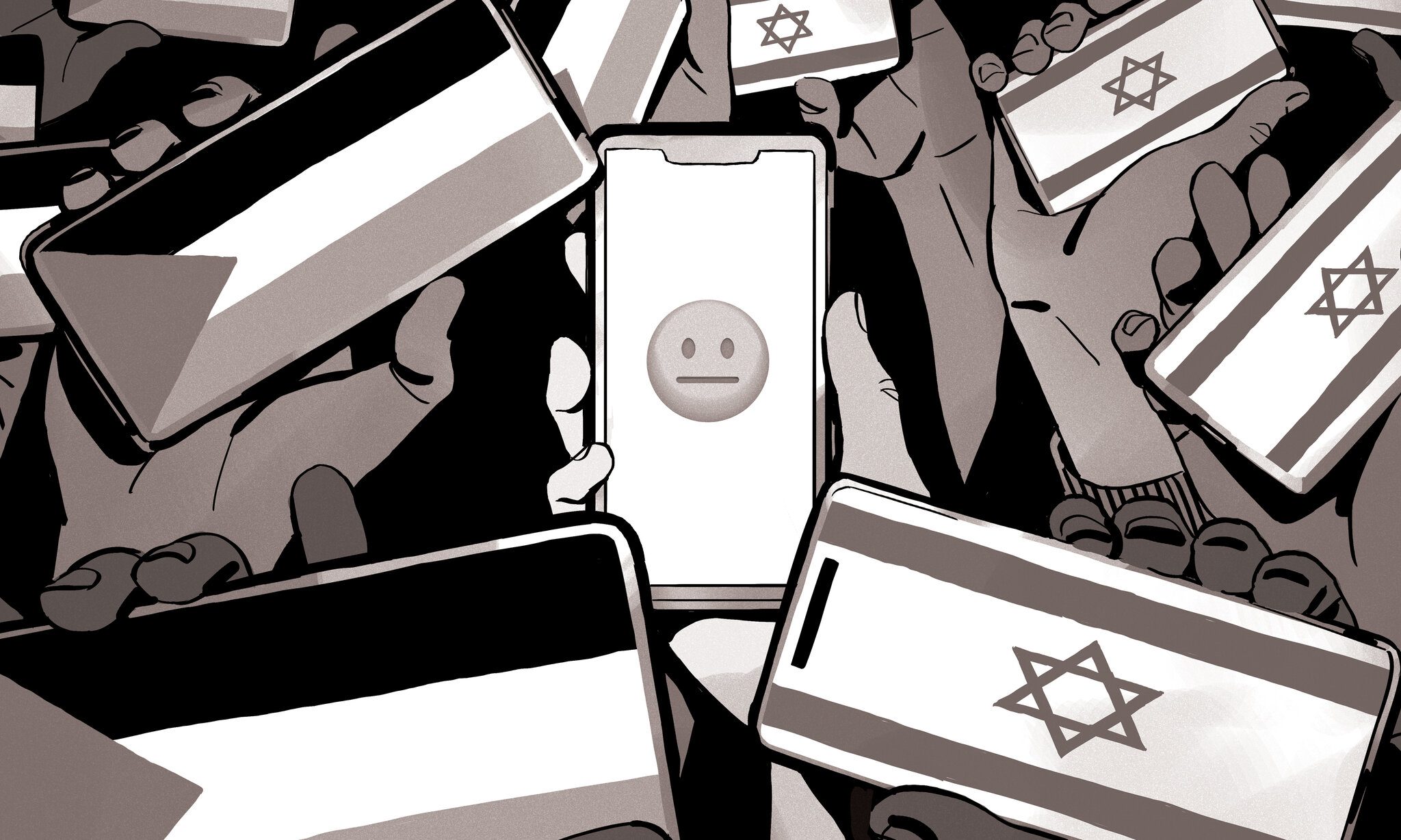In today’s digital age, social media has become crucial for both influencers and politicians in shaping public opinion. Influencers build a following through relatable content and focus on lifestyle, while politicians use social media for fundraising and policy communication. Both groups leverage social media to engage with their audience, shape public discourse, and mobilize supporters for causes or campaigns. Influencers have a more personal connection with their followers, while politicians have a broader reach. Despite their different focuses, both influencers and politicians wield significant power in influencing societal norms and behavior through social media.
Introduction
In today’s digital age, social media has become an essential tool for communication and influence. Both influencers and politicians have recognized the power of social media in reaching a wide audience and shaping public opinion. However, there are distinct differences in how influencers and politicians use social media to achieve their goals. This article will compare and contrast the strategies and impact of influencers and politicians in the realm of social media and politics.
Influencers
At the core, influencers are individuals who have built a large following on social media platforms by sharing content that resonates with their audience. They have the ability to sway opinions, promote products, and influence behavior through their online presence. Influencers often focus on specific niches such as beauty, fashion, fitness, or lifestyle, and are known for their authenticity and relatability.
Strategies
Influencers typically engage with their audience through engaging content such as photos, videos, and stories. They partner with brands for sponsored content, promote products through affiliate marketing, and collaborate with other influencers to expand their reach. Influencers leverage their personal brand to establish credibility and trust with their followers, allowing them to influence purchasing decisions and lifestyle choices.
Impact
Influencers have the power to create trends, shape popular culture, and drive conversations on social issues. They often have a more direct and personal connection with their audience compared to traditional media outlets, allowing them to have a significant impact on consumer behavior and societal norms. Influencers also have the ability to mobilize their followers for social causes and activism, making them a force to be reckoned with in the digital age.
Politicians
Politicians have long used traditional media channels such as television, radio, and newspapers to communicate with the public and garner support for their policies and campaigns. However, in recent years, politicians have embraced social media as a powerful tool for reaching voters, mobilizing supporters, and shaping public opinion.
Strategies
Politicians use social media platforms such as Twitter, Facebook, Instagram, and YouTube to engage with constituents, share updates on their platform, and respond to criticism. They use targeted advertising to reach specific demographics, conduct polls to gauge public opinion, and rally supporters for fundraising and events. Politicians also leverage social media to humanize their image, connect with voters on a personal level, and counter negative narratives spread by opponents.
Impact
Politicians wield immense power and influence over policy decisions, legislation, and governance. Their ability to communicate effectively and mobilize supporters through social media can sway public opinion, shape election outcomes, and drive political discourse. Politicians also use social media as a platform for diplomacy, advocacy, and crisis management, making it a crucial component of modern politics.
Comparison and Contrast
While both influencers and politicians use social media to communicate with their audience and shape public opinion, there are key differences in their strategies and impact. Influencers focus on promoting products, shaping culture, and engaging with their followers on a personal level, while politicians use social media to rally supporters, communicate policy positions, and influence legislation.
Key Differences
- Influencers focus on personal branding and lifestyle content, while politicians focus on policy positions and governance.
- Influencers rely on authenticity and relatability to engage with their audience, while politicians use social media for fundraising and voter mobilization.
- Influencers have a more direct and personal connection with their followers, while politicians have a broader and more diverse audience.
Key Similarities
- Both influencers and politicians use social media to shape public opinion and influence behavior.
- Both influencers and politicians leverage social media to engage with their audience, share updates, and respond to criticism.
- Both influencers and politicians use social media as a platform for activism, advocacy, and mobilization.
Conclusion
In conclusion, influencers and politicians both play a significant role in shaping public opinion and influencing behavior through social media. While influencers focus on lifestyle content and product promotion, politicians use social media for fundraising, voter mobilization, and policy communication. Both influencers and politicians have the power to sway public opinion, drive conversations, and mobilize supporters for social causes and political campaigns. The battle between influencers and politicians in the realm of social media vs. politics is a dynamic and evolving landscape that will continue to shape our digital future.
